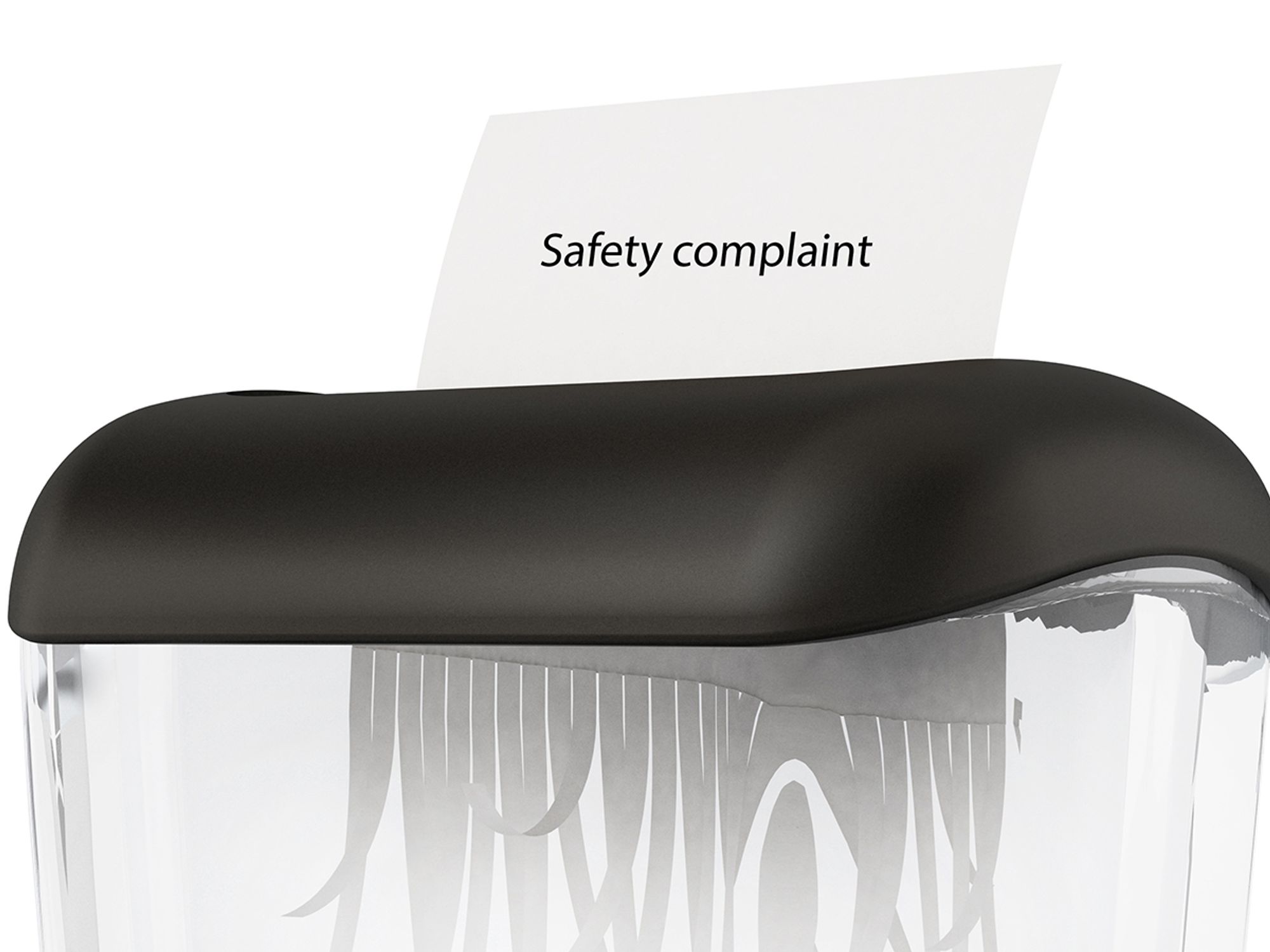Whistleblower protection laws

- In addition to the OSH Act, several other federal statutes protect a worker’s right to report workplace safety and health hazards free from retaliation.
The whistleblower protection provisions of various acts prohibit employers from discharging or otherwise discriminating against employees in retaliation for their disclosure to the employer or to the appropriate federal agency of safety and health hazards. They also protect employee participation in formal government proceedings in connection with safety and health hazards. The acts specifically exclude from protection the disclosure of hazards deliberately caused by an employee. Additionally, the statutes do not protect frivolous complaints. Employees have the right under the acts to refuse to work in hazardous or unsafe situations.
Since the passage of the Occupational Safety and Health (OSH) Act in 1970, Congress has expanded the Occupational Safety and Health Administration (OSHA)’s whistleblower protection authority to protect workers from discrimination under 14 federal statutes. These statutes, and the number of days employees have to file a complaint, are:
Occupational Safety and Health Act of 1970
(30 days) Provides discrimination protection for employees who exercise rights guaranteed under the act, such as filing a safety and health complaint with OSHA and participating in an inspection.
Surface Transportation Assistance Act
(180 days) Provides discrimination protections for truck drivers and other employees relating to the safety of commercial motor vehicles. Coverage includes all buses for hire and freight trucks with a gross vehicle weight greater than 10,001 pounds.
Asbestos Hazard Emergency Response Act
(90 days) Provides discrimination protection for individuals who report violations of environmental laws relating to asbestos in elementary and secondary school systems.
International Safety Container Act
(60 days) Provides discrimination protection for employees who report violations of the act, which regulates shipping containers.
Energy Reorganization Act
(180 days) Provides discrimination protection for employees of operators and subcontractors of nuclear power plants licensed by the Nuclear Regulatory Commission and for employees of contractors working under contract with the Department of Energy.
Clean Air Act
(30 days) Provides discrimination protection for employees who report violations of the act, which provides for the development and enforcement of standards regarding air quality and air pollution.
Safe Drinking Water Act
(30 days) Provides discrimination protection for employees who report violations of the act, which requires that all drinking water systems in public buildings and in new construction be lead free.
Federal Water Pollution Control Act
(30 days) Provides discrimination protection for employees who report hazardous pollution of waters that provide a natural habitat for living things. Also called the Clean Water Act.
Toxic Substances Control Act
(30 days) Provides discrimination protection for employees who report violations of regulations involving the manufacture, distribution, and use of certain toxic substances.
Solid Waste Disposal Act
(30 days) Provides discrimination protection for employees who exercise certain rights under the act, which provides assistance for the development of facilities for the recovery of energy and other resources from discarded materials and regulates hazardous waste management. Also called the Resource Conservation and Recovery Act.
Comprehensive Environmental Response, Compensation, and Liability Act (CERCLA)
(30 days) Provides discrimination protection for employees who exercise rights under the act, which provides liability, compensation, cleanup, and emergency response for hazardous substances released into the environment and for the cleanup of inactive hazardous waste disposal sites.
Wendell H. Ford Aviation Investment and Reform Act for the 21st Century
(90 days) Provides discrimination protection for employees of air carriers, contractors, or subcontractors of air carriers who raise safety concerns.
Corporate and Criminal Fraud Accountability Act of 2002
(90 days) Provides discrimination protection for employees or contractors of publicly traded companies or brokerage firms who report mail, wire, bank, or securities fraud or violations of laws related to stockholder fraud. Also called the Sarbanes-Oxley Act.
Pipeline Safety Improvement Act of 2002
(180 days) Provides discrimination protection for employees who report violations of the federal law regarding pipeline safety and security or who refuse to violate such provisions.
Whistleblower relation to state laws
The whistleblower programs do not preempt existing state statutes and common law claims. All provisions contained in the programs are in addition to protection provided by state laws.
